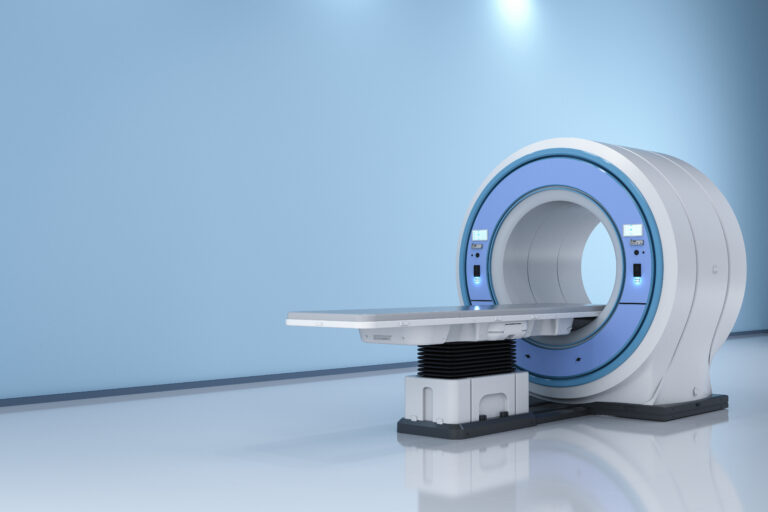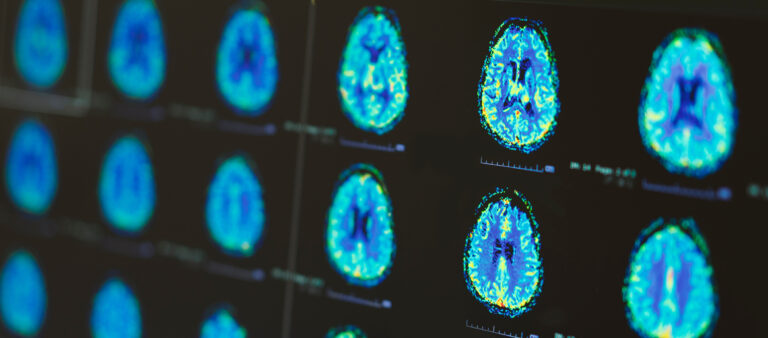Taking a **cold shower after workouts** can offer several benefits, particularly in terms of muscle recovery, inflammation reduction, and mental alertness. Cold water exposure after exercise triggers physiological responses that help your body repair and rejuvenate more efficiently.
**Muscle Recovery and Inflammation Reduction:**
Cold showers or cold water immersion after exercise help reduce muscle soreness and inflammation. This happens because cold exposure causes blood vessels to constrict (vasoconstriction), which reduces swelling and flushes out metabolic waste products from muscles. When you warm up afterward, blood vessels dilate (vasodilation), bringing fresh oxygen and nutrients to the muscles, speeding up repair. Dr. Sharon L. Hame, an orthopedic surgeon at UCLA Medical Center, supports cold showers as a convenient recovery method for athletes and fitness enthusiasts[1]. Studies also show that cold water immersion significantly eases muscle soreness and lowers inflammation after workouts[3][5].
**Metabolism and Fat Burning:**
Cold showers can activate brown adipose tissue (brown fat), which is a type of fat that burns calories to generate heat. This activation boosts metabolism and improves blood sugar regulation. The process also stimulates the production of mitochondria, the energy factories in cells, which helps your body burn energy more efficiently rather than storing it as fat[1][3].
**Mental Benefits and Neurotransmitter Release:**
Cold showers after exercise can elevate mood, alertness, and focus by triggering the release of neurotransmitters such as dopamine and norepinephrine. These chemicals improve mental resilience and reduce stress, helping you cope better with daily challenges. The cold exposure activates the “fight or flight” response, which can keep these hormones elevated for up to several hours, enhancing energy and concentration[2][4].
**How to Take Cold Showers Post-Workout:**
If you are new to cold showers, start gradually. Even 30 to 60 seconds of cold water exposure can be beneficial. Over time, you can increase the duration to 2–5 minutes. The water temperature should ideally be around 20°C (68°F) or colder to maximize benefits, but it’s important to let your body adjust slowly to avoid shock[3][4].
**Who Should Be Cautious or Avoid Cold Showers:**
Cold showers are not suitable for everyone. People with heart disease, high blood pressure, asthma, Raynaud’s disease, or those who are pregnant should consult a healthcare professional before trying cold showers. Elderly individuals and those with very low body weight should also be cautious due to their reduced tolerance to cold temperatures[3].
**Additional Considerations:**
– Cold showers can also benefit skin health by closing pores and locking in moisture, which prevents oil and dirt buildup[6].
– For optimal recovery, some experts recommend alternating cold showers with warm showers on different days to balance muscle recovery and blood flow[6].
– The recovery process after exercise is not just about stopping activity but restoring the body’s balance, and cold showers can be a useful tool in this process[2].
In summary, cold showers after workouts can accelerate muscle recovery, reduce soreness and inflammation, boost metabolism, and improve mental alertness. However, they should be approached gradually and with caution by individuals with certain health conditions.
—
Sources:
[1] Mindvalley Blog – Benefits of Cold Showers
[2] Indian Express – Shower After Exercise: What You Need to Know
[3] Financial Express – Rewire Your Brain: Benefits of Cold Showers
[4] UNILAD Tech – What Happens After 30 Days of Cold Showers
[5] Prodia Digital – Cold Shower Benefits for Health
[6] Mira Showers Blog – Hot vs Cold Showers: What Are the Benefits?





